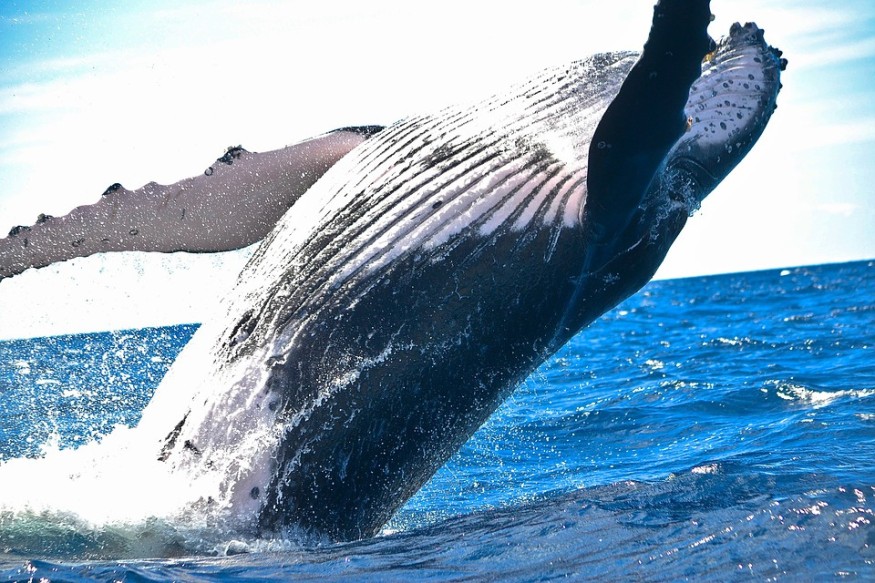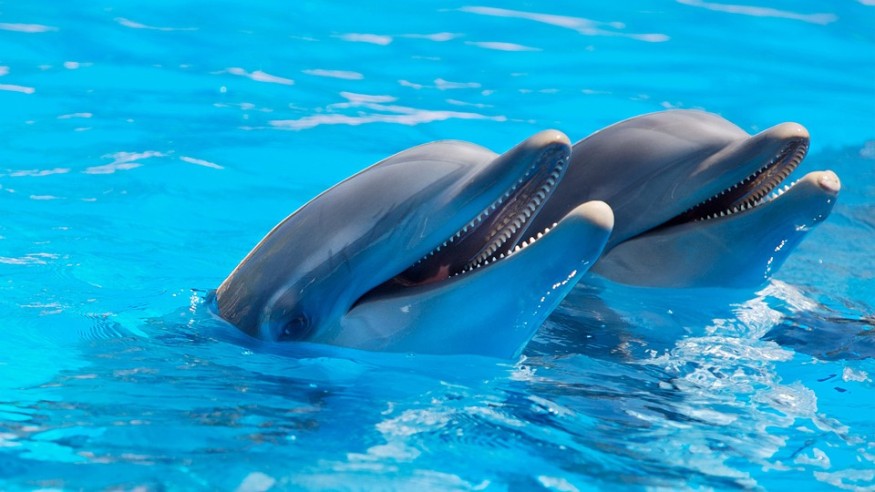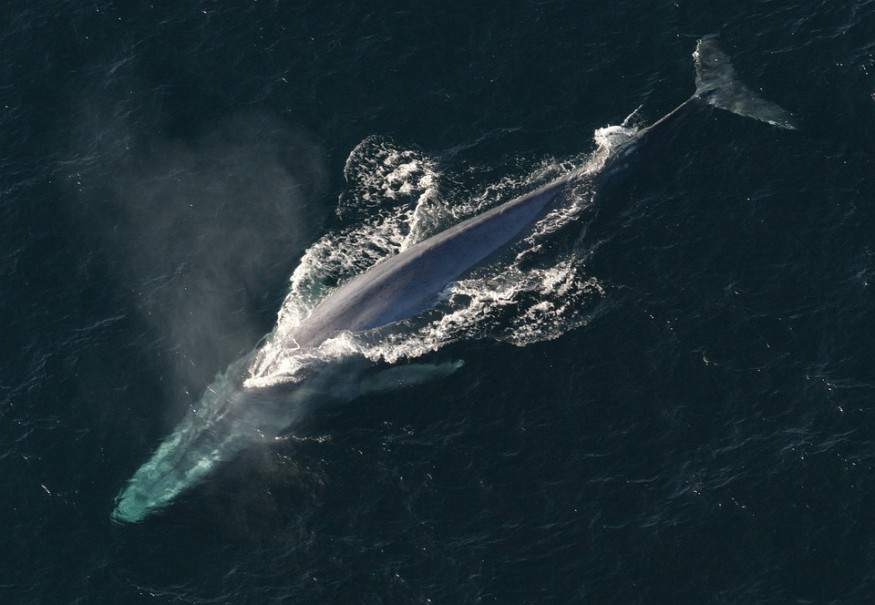Cetaceans are the longest-living animals in general, with some whale species surviving to over 200 years old. Given their size, their bodies contain much more cells than the human body. It's a wonder how this is possible.

"The more cells you have, the more likely one of those cells will become cancerous," says Daniela Tejada-Martinez of Chile's Austral University. "So, whether you're huge or live a long time, you've got thousands and millions of cells that might be harmful."
Despite being astoundingly huge, Cetaceans, on the other hand, have significantly lower cancer rates than most other animals, including humans. The case can be seen as an example of Peto's Paradox.
Related Article: Minke Whale Trapped in Fishing Nets for 2 Weeks Calls Out Rescue
Peto's Paradox
When researching how tumors grow in mice, epidemiologist Richard Peto found a correlation between time and cancer and called it Peto's Paradox. Peto found that the length of exposure to the carcinogen benzpyrene was related to the risk of cancer development.
He later applied body mass to the equation as he asked why, considering the fact that humans have 1000 times more cells and live 30 times longer than rodents, the two animals do not have significantly different cancer threats.
Cancer in Whales
"There's a joke that whales should be born with cancer and not be able to survive because they're just too big," says Vincent Lynch, a professor at the University of Buffalo in New York. He believes that there is a "super insignificant" reason for whales' existence. He states, "They just developed improved cancer defense mechanisms."
However, we also need to know why and how they did so. The whole case is not as open-and-shut as many would assume. There is still SO much to learn.
Tejada-Martinez and collaborators have now looked at the evolution of 1077 tumor suppressor genes (TSGs). They compared gene evolution in 15 mammalian species and seven cetacean species in total.

Positive selection was observed among the cetaceans for genes that control DNA damage, tumor spread, and the immune system. According to the researchers, cetaceans obtained and lost TSGs at a rate 2.4 times faster than other species.
"It's not like we're going to take whale genes and implant them into humans and make them cancer resistant," Lynch says. "However, if you can recognize the genes that play a part in tumor suppression in other species and find out what they're doing, you may be able to produce a medicine that acts similarly in humans."
Cetaceans' Secret to Living A Long Life

The bowhead whale's genome, the world's longest-living animal, was sequenced by Joao Pedro de Magalhaes and his colleagues at the University of Liverpool. The researchers needed to know why they survive so long and not succumb to any of the same diseases as humans do.
With 1,000 times the number of cells than an individual, the whale may have a significantly greater chance of cell death and disease. That isn't the case.
According to their results published in the journal Cell Studies, the team identified up to 80 candidate genes that could either shield the whale from cancer or lead to it becoming the world's longest-living animal. The researchers discovered that whales have genes that control DNA repair and cell proliferation that differ from those found in humans.
"We know that DNA damage and mutation are important in the development of cancer. So when we identify genes linked to DNA repair and DNA damage responses, we speculate that they could be involved in the bowhead's survival and disease tolerance, "Magalhaes remarked. "In that context, the genome does not contain a fountain of youth, but it does contain some promising leads."
For the latest animal news, don't forget to follow Nature World News!
© 2025 NatureWorldNews.com All rights reserved. Do not reproduce without permission.




